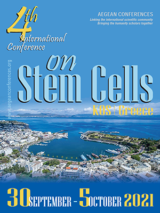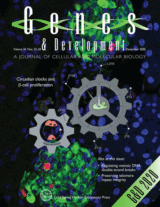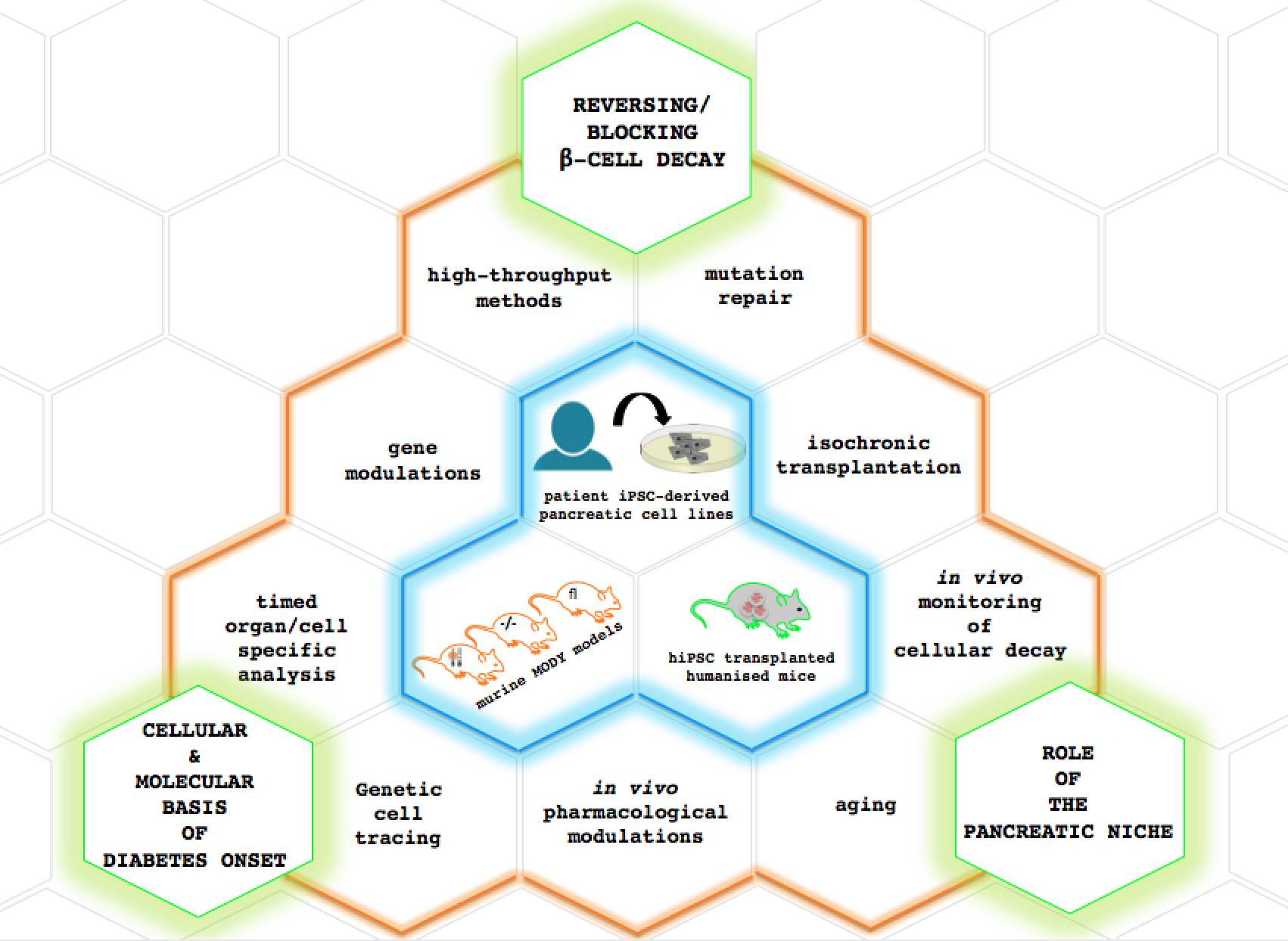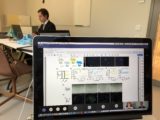
I recently was invited by the organizers to give a talk on our work at the next Diabetesforum 2021, 27-29 April. Details about pricing and registration are available here (in Norwegian): https://www.diabetes.no/for-helsepersonell/konferanser/diabetesforum2021/priser/. All talks will be in English, but all…











